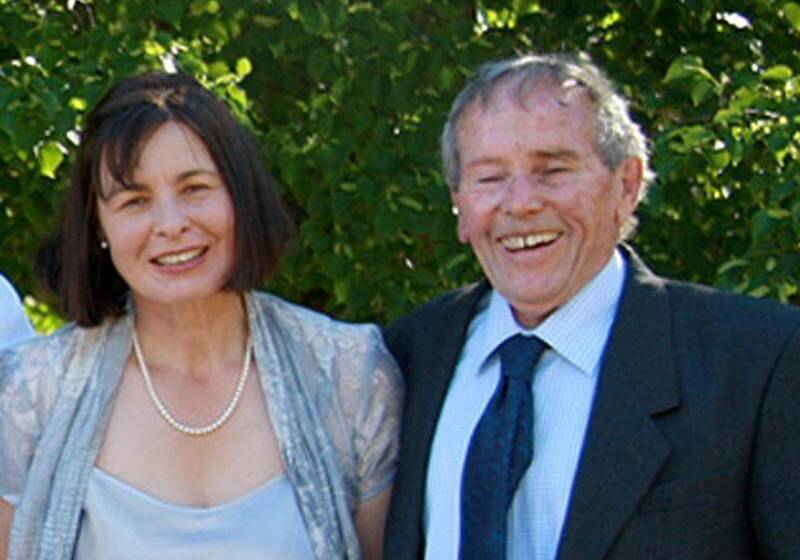
A 60 Minutes television segment related to a high-profile Tasmanian murder case was not broadcast in Tasmania on Sunday night as legal proceedings for the case are ongoing.
Subscribe now for unlimited access.
or signup to continue reading
60 Minutes chose not to broadcast the segment about the disappearance of Bob Chappell on Australia Day, 2009, in Tasmania, however, it was broadcast across mainland Australia and made available to watch online.
Susan Neill-Fraser was convicted to 23 years' jail for the murder of Mr Chappell, however, maintains she is innocent and her last appeal attempt is an ongoing matter in the Supreme Court in Hobart.
The Law Society of Tasmania president Evan Hughes said it was difficult for media outlets who decide not to publish certain information when it was easy to access information remotely through the internet.
"The fact that we can access it through other means doesn't mean that we should then freely publish," Mr Hughes said.
During the segment, a witness in Mr Chappell's disappearance, Meaghan Vass, allegedly provided new evidence to 60 Minutes.
Tasmania Police said it was aware of the contents of the 60 Minutes story.
Assistant Commissioner Richard Cowling said police re-interviewed Ms Vass last week when the program's promotional material suggested a new version of events.
"The version of events given by Ms Vass on 60 Minutes is contrary to her previous police interview, contrary to her sworn evidence in court and contrary to last week's police interview," Commander Cowling said.
"We continue to have full confidence in both the original and current police investigators and reiterate that Sue Neill-Fraser stood trial and was convicted by a jury."
A Tasmanian Government spokesperson said as with all cases, the prosecution and conduct of related matters, including cases on appeal, is a matter for the Director of Public Prosecutions.
A 60 Minutes Facebook page post directed its Tasmanian audience to view the program online.
"Whilst it might still be accessible, it's not as accessible as it might be otherwise," Mr Hughes said.
"There's always going to be the need for non-publication orders.
"There are certain circumstances where the courts hold the view that something shouldn't be published, or the media outlet, wisely on reflection, has decided not to publish things - the fact that it can be accessed through the internet and other sources doesn't take away from the need for those order to be made.
"There are situations where cases can be prejudiced and amplification is an issue.
"Obviously the most significant case in recent times is Cardinal George Pell's case.
"We had a non-publication order in Australia but then we have media outlets all around the world reporting extensively on it.
"We live in an age where media is global and the laws are local."
Mr Hughes said the upholding of non-publication orders is a jurisdictional issue.
"It would require an approach across jurisdictions to address it in terms of reciprocal arrangements between the states," Mr Hughes said.
Media outlets who break non-publication orders face serious legal consequences, meaning they often choose to not publish some details of ongoing court cases.
A six-part television series about the disappearance of Mr Chappell, Undercurrent, which premiered in January this year, also did not broadcast in Tasmania.
The series was only able to accessed via television broadcast and was not able to be watched online on Channel 7's steaming platform 7plus, however a trailer for the series was able to be viewed online.
"The media should never be used as a tool for gaining advantage or causing disadvantage in court," Mr Hughes said.
"Unfortunately there has been instances, in other states, where the media has been used in that way.
"A fair trial depends on a case being decided on by the evidence, not influence."














